New World Library: Ten-Title Alan M. Watts Set
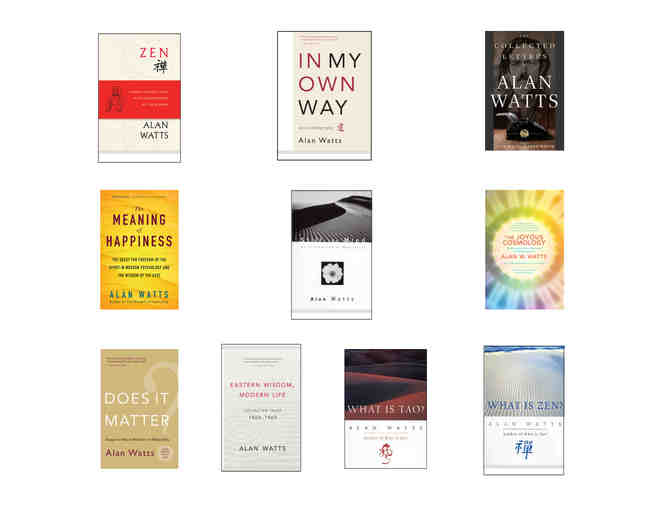
Item Number: 179
Time Left: CLOSED
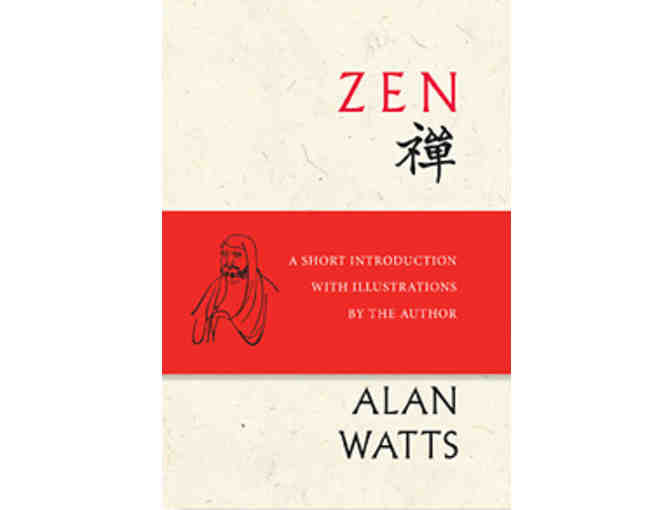
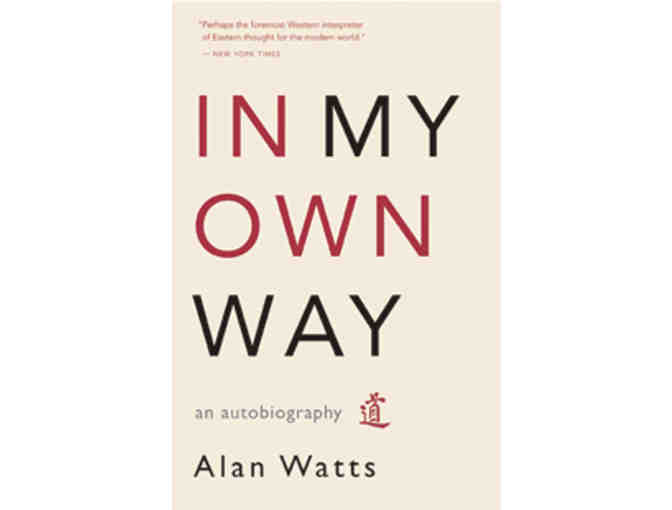

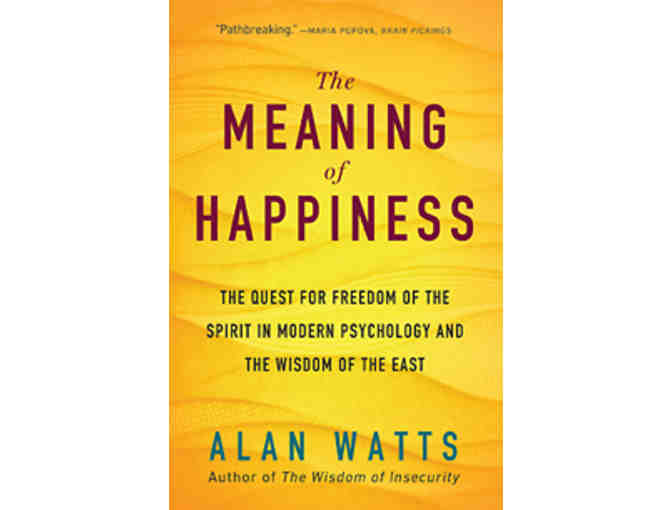
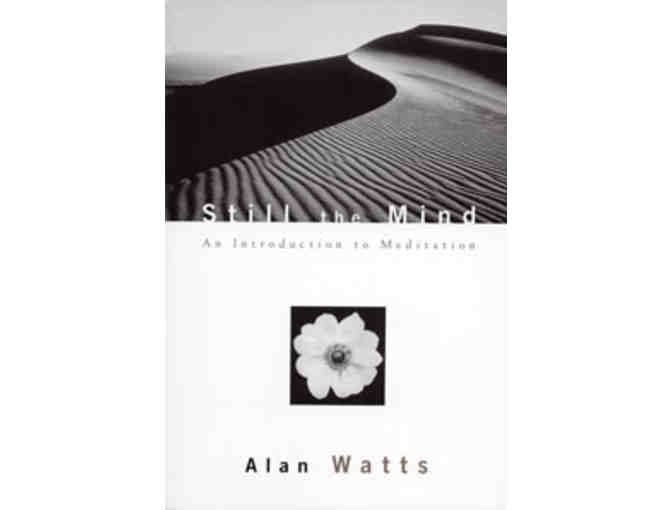
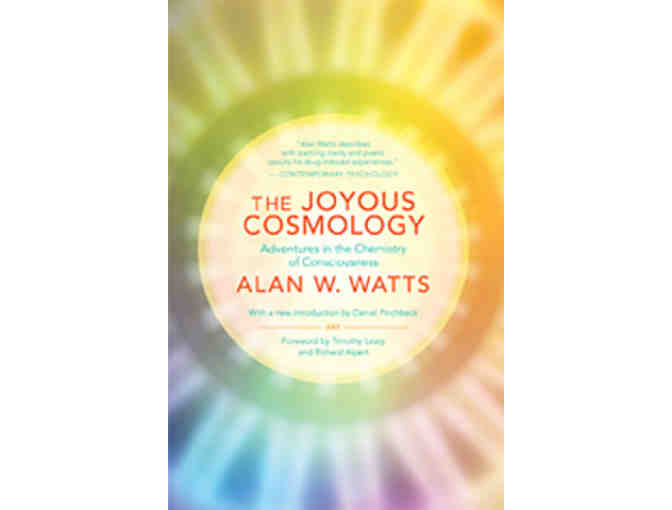
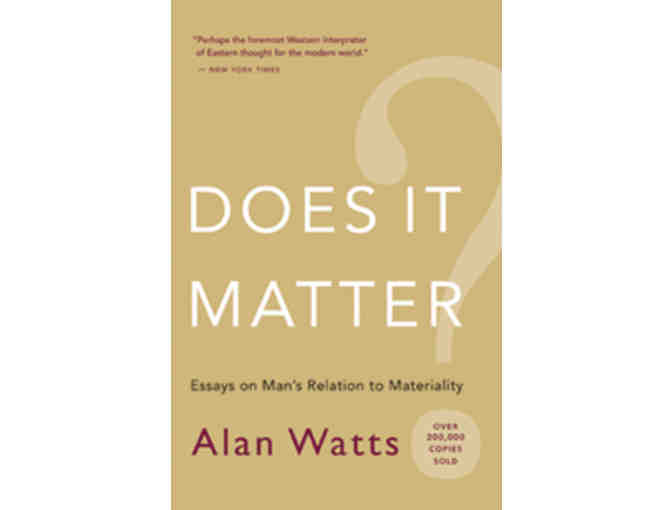
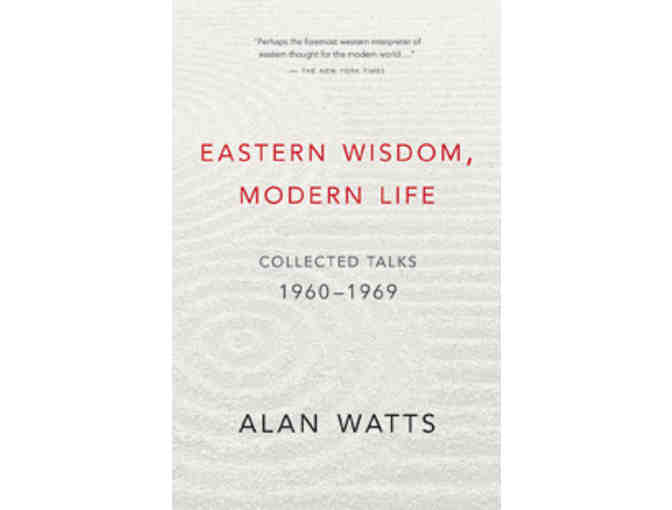
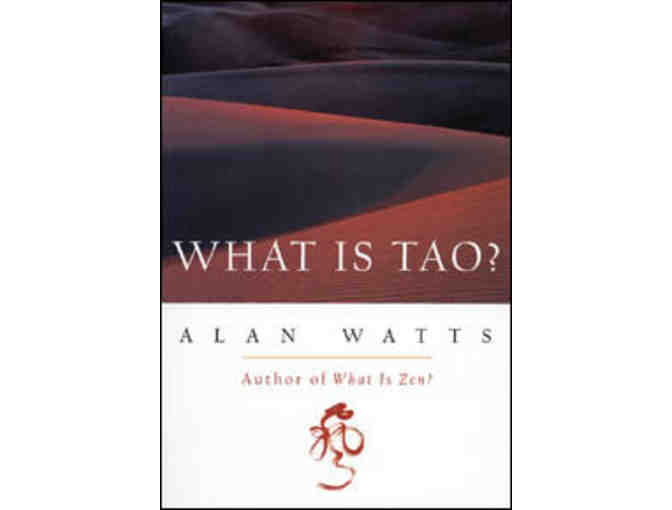
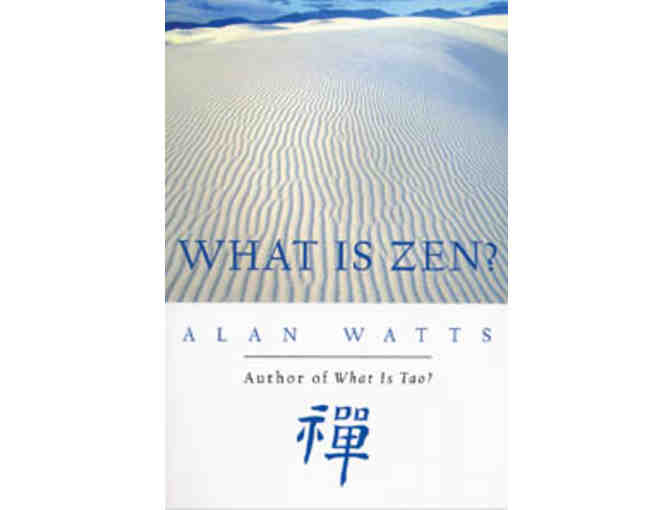
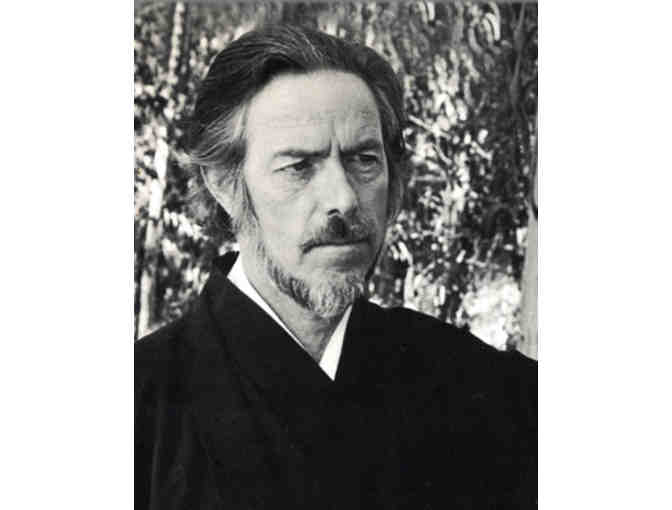
Description
Immerse yourself in the thinking and writing of Alan Watts with this ten-book set from New World Library.
Zen: A Short Introduction with Illustrations captures the essence of Zen Buddhism as a religion and a way of life. He explains fundamental Zen concepts, introduces revered Zen thinkers, places Zen within the broader context of Eastern religion, and traces the influence of Zen in the arts. Illustrated with calligraphy and drawings by the author, this reprint of an old classic will delight fans, while introducing new readers to a legendary author who infused groundbreaking scholarship with literary brilliance.
In this new edition of the acclaimed In My Own Way: an Autobiography — long out of print and rare until now — Alan Watts tracks his spiritual and philosophical evolution.
Deep down, most people think that happiness comes from having or doing something. Here, in Alan Watts’s groundbreaking third book (originally published in 1940), he offers a more challenging thesis: authentic happiness comes from embracing life as a whole in all its contradictions and paradoxes, an attitude that Watts calls the “way of acceptance.” Although written early in his career, The Meaning of Happiness displays the hallmarks of his mature style: the crystal-clear writing, the homespun analogies, the dry wit, and the breadth of knowledge that made Alan Watts one of the most influential philosophers of his generation. Hardcover.
The Collected Letters of Alan Watts draws on a collection of letters, discovered and lovingly curated by two of his daughters, reveals a wonderfully well-rounded Watts. It includes the charming missives he wrote to his parents through many decades, the back-and-forth with the editors of his many writings, and delightfully rich correspondence with diverse friends and thinkers. Hardcover.
The Joyous Cosmology is Watts’s exploration of the insight that the consciousness-changing drugs LSD, mescaline, and psilocybin can facilitate “when accompanied with sustained philosophical reflection by a person who is in search, not of kicks, but of understanding.” More than an artifact, it is both a riveting memoir of Watts’s personal experiments and a profound meditation on our perennial questions about the nature of existence and the existence of the sacred.
Does It Matter?: Essays on Man's Relation to Materiality is a classic series of essays representing Watts's thinking on the astonishing problems caused by our dysfunctional relationship with the material environment. Here, with characteristic wit, a philosopher best known for his writings and teachings about mysticism and Eastern philosophy gets down to the nitty-gritty problems of economics, technology, clothing, cooking, and housing. Watts argues that we confuse symbol with reality, our ways of describing and measuring the world with the world itself, and thus put ourselves into the absurd situation of preferring money to wealth and eating the menu instead of the dinner.
Watts introduced millions of Western readers to Zen and other Eastern philosophies. But he is also recognized as a brilliant commentator on Judeo-Christian traditions, as well as a celebrity philosopher who exemplified the ideas — and lifestyle — of the 1960s counterculture. Eastern Wisdom, Modern Life: Collected Talks 1960-1969 is a compliation of controversial lectures that Watts delivered at American universities throughout the sixties. In it he challenges readers to reevaluate Western culture's most hallowed constructs.
Alan Watts — noted author and respected authority on Far Eastern thought — studied Taoism extensively, and in his final years moved to a quiet cabin in the mountains and dedicated himself almost exclusively to meditating and writing on the Tao. What is Tao? gives us an opportunity to not only understand the concept of the Tao but to experience the Tao as a personal practice of liberation from the limitations imposed by the common beliefs within our culture.
A fervent, lifelong student of Zen, Alan Watts shows us that it is both an experience — a singular, powerful moment of realization — and a simple way of life, with an awareness that affects every moment of every day. Adopted by mainstream America in a way that carries only a vague association of its roots in Zen Buddhism, Alan Watts makes it clear in What is Zen? that any exploration of Zen must understand and embrace its roots as a form of Buddhist practice derived from its Chinese and East Indian sources.
Alan Watts became famous first as a brilliant intellectual and then as a serious student of Buddhism and meditation. In the 1970s, the last years of his life, he retreated to a small, isolated cabin deep in the woods. He meditated every morning, then wrote. Whether you are experienced in meditation or just beginning, Still the Mind is an invaluable guide that takes you on a wonderful journey that shows you the great miracle of who you really are.
New World Library, publisher of "books and audios that inspire and challenge us to improve the quality of our lives and our world", celebrated its 30th anniversary in 2007 buoyed by the continuing success of Eckhart Tolle's The Power of Now and Practicing the Power of Now. In 2001, New World Library worked with the Joseph Campbell Foundation to introduce The Collected Works of Joseph Campbell series.
Special Instructions
Cost of shipping not included in bid price.
All prices $USD
At the conclusion of the auction, the winning bid will be charged to the credit card on file.